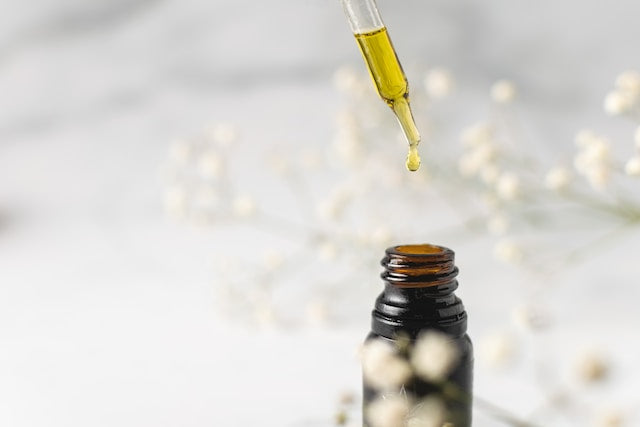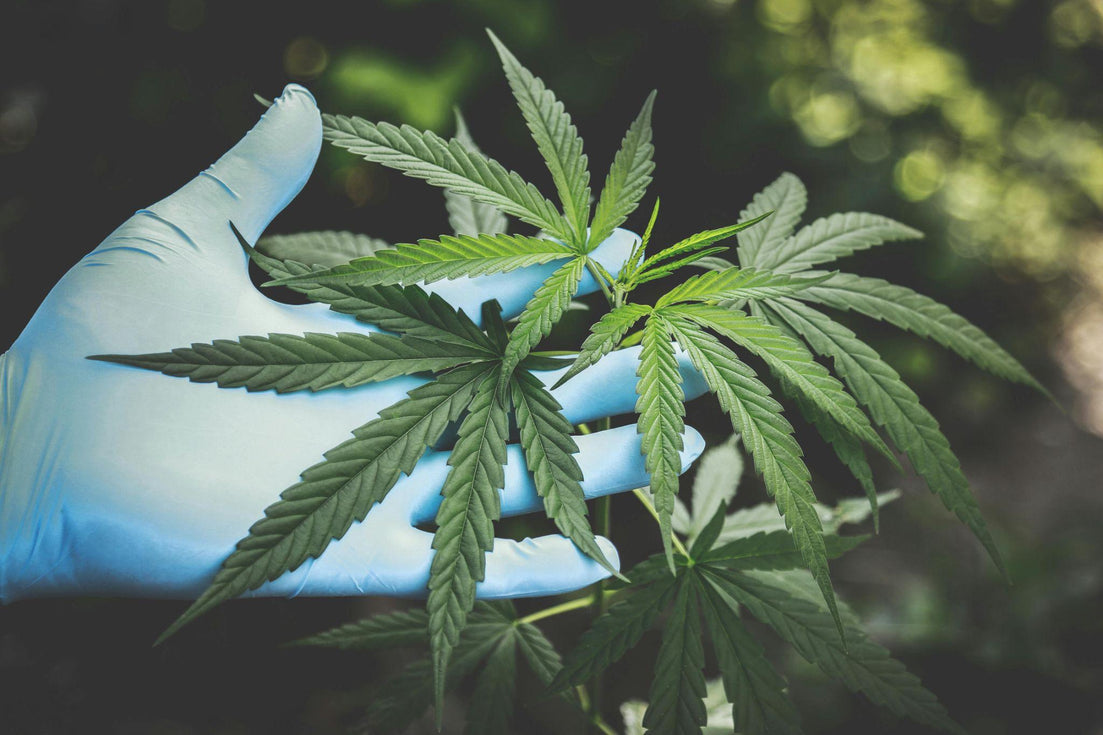Your cart is currently empty.

As the recognition of plant-derived compounds grows in various fields, from wellness to food and beverage, a unique class of organic compounds known as terpenes has piqued the interest of scientists and consumers alike. Terpenes, found abundantly in nature, are central to plant defense mechanisms. They constitute the primary ingredients of the essential oils in many plants, herbs, and flowers, infusing them with distinctive aromas and flavors.
Particularly within terpene research, an exciting niche area of focus lies in the realm of terpene isolates. These are pure, singular terpene compounds derived from natural sources. This guide delves into the science behind these potent aromatics, helping you understand their potential applications.
Defining Terpene Isolates
Let's start with the basics. Terpene isolates are individual terpene compounds that have been extracted and purified from their original natural sources. The process of isolation results in a concentrated terpene solution, free from other potentially unwanted compounds. This gives users access to an unadulterated 'pure' terpene experience.
How are Terpene Isolates Made?
Terpenes are isolated from plant materials using a variety of extraction methods. These methods aim to separate the desired terpene compounds from the rest of the plant's constituents. Common extraction techniques include steam distillation, solvent extraction, and supercritical fluid extraction. The goal of these procedures is to yield a pure, potent terpene extract while keeping the terpene's natural properties intact.
The Advantages of Terpene Isolates
You may wonder why terpene isolates are beneficial. There are several reasons. First, terpene isolates allow for exact control over individual terpene concentrations. This gives users the power to manipulate and understand the effects of each terpene in isolation. Secondly, isolates enable the creation of custom terpene profiles. This means you can formulate bespoke aromatic or therapeutic blends.
For researchers, the isolated form presents an excellent opportunity. By examining individual terpenes, they can delve deeper into the specific effects and properties of each one, leading to a more profound understanding of their therapeutic potential.
Notable Terpene Isolates
A wide variety of terpene isolates exist, each offering unique aromatic profiles and potential effects. The most commonly isolated terpenes include:
- Myrcene: Predominantly found in cannabis, myrcene is recognized for its earthy, musky aroma. It's often linked with calming effects.
- Limonene: With its unmistakable citrusy aroma, limonene is found in citrus fruit rinds. It's frequently associated with mood-enhancing effects.
- Caryophyllene: Known for its spicy, peppery aroma, caryophyllene is unique among terpenes. It can bind to the body's cannabinoid receptors, suggesting potential anti-inflammatory and pain-relieving effects.
- Pinene: As the name suggests, pinene offers a fresh, pine-like aroma. It's connected to potential anti-inflammatory effects and could act as a bronchodilator.
- Linalool: Recognizable for its floral scent, linalool is found in lavender. It's often associated with calming and anti-anxiety effects.
Practical Uses of Terpene Isolates
Terpene isolates are versatile and find use in several industries. In the fragrance and flavor sectors, they're employed to create unique scent profiles and enhance the taste of various foods and drinks.
In the realm of wellness, terpene isolates feature prominently in aromatherapy practices. This takes advantage of their potential to provide a range of beneficial physiological effects. Some skincare and cosmetic products also contain terpene isolates, as they may offer antimicrobial and anti-inflammatory properties.
Terpene isolates also play an essential role in the expanding cannabis industry. By reintroducing specific terpene isolates into cannabis products, manufacturers can customize the product's terpene profile, tailoring it for a particular aroma, flavor, or desired effect.
Considering Safety and Quality
Dealing with terpene isolates involves significant safety and quality considerations. Since these compounds are highly concentrated, they must be handled with care and properly diluted before use. Consumers should source terpene isolates from trustworthy sources that offer high-quality, third-party tested products.
For instance, try these terpene isolates for a pure terpene experience from Abstrax Tech who offer a wide selection of high-quality, lab-tested terpene isolates. Ensure the terpene isolates you choose are free from impurities, such as heavy metals or pesticides, and are derived from natural, sustainable sources.
How Terpenes Interact with Our Senses
One of the unique aspects of terpene isolates is the way they interact with our senses. When we inhale or taste a terpene, it stimulates certain receptors in our nose and mouth, which then send signals to our brain. This process can evoke a wide range of sensory experiences and emotional responses. For example, the sharp, refreshing aroma of pinene can make us feel alert and invigorated, while the soothing scent of linalool can promote feelings of calm and relaxation. By isolating individual terpenes, we can experience these sensory effects in their purest form.
Exploring the 'Entourage Effect'
In the context of cannabis and other plant-based therapies, it's worth mentioning a theory known as the 'entourage effect'. This theory suggests that the various compounds in a plant (like terpenes and cannabinoids) work together synergistically, enhancing each other's effects. Terpene isolates provide a unique tool for exploring this theory. By combining different isolates in a controlled manner, scientists can investigate how these compounds interact and potentially optimize their synergistic effects.
The Role of Terpene Isolates in Sustainability
Another fascinating aspect of terpene isolates is their potential role in promoting sustainability. Traditional methods of obtaining certain flavors and fragrances can be environmentally damaging, requiring large amounts of plant material and energy. However, the extraction process used to produce terpene isolates is typically more efficient and less harmful to the environment. This makes terpene isolates a more sustainable choice for creating natural flavors, fragrances, and therapeutic products.
Wrapping Up
The world of terpene isolates is rich and constantly evolving, offering a plethora of possibilities across various industries, from aromatics to therapeutics. As ongoing research continues to deepen our understanding of these captivating compounds, the potential applications of terpene isolates are set to broaden further. Whether you're intrigued by the diverse aromatic profiles or the potential therapeutic properties, terpene isolates offer a unique way to delve into the intricate and varied world of plant aromatics.



